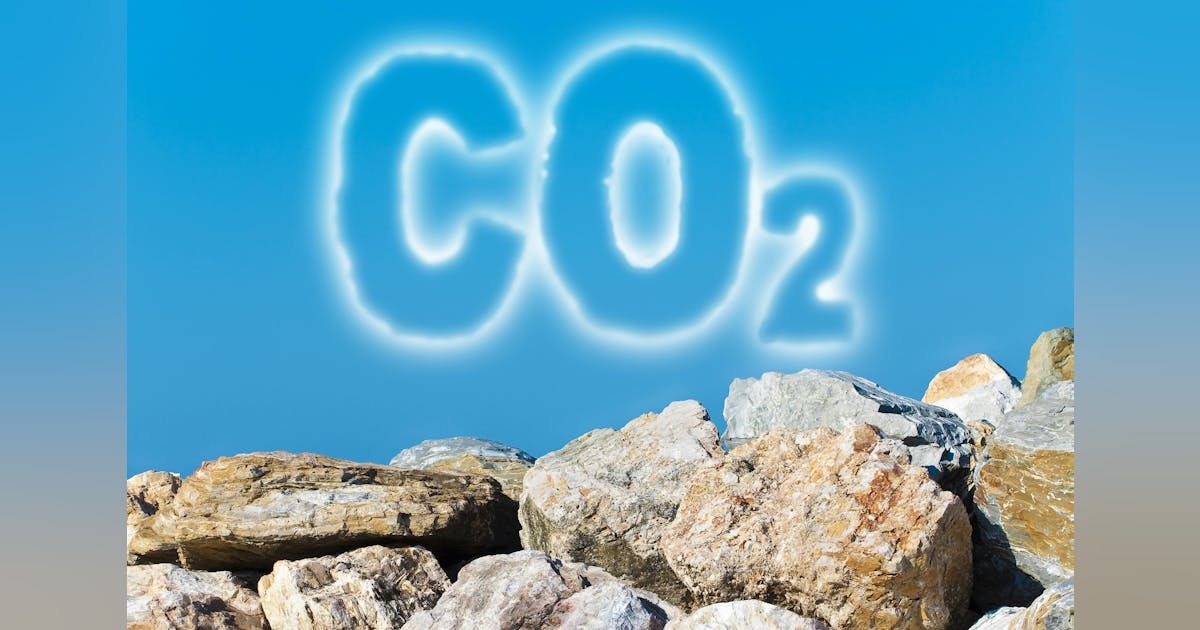DARPA Selects Physical Sciences to Harness Carbon Dioxide for Battlefield Battery Charging
March 12, 2025 – The U.S. military is looking towards innovative solutions for generating fuel directly from carbon dioxide sources to enable electric power and battery charging in combat zones. This advancement comes through a $2.1 million contract awarded to Physical Sciences Inc. based in Andover, Massachusetts, by the Defense Advanced Research Projects Agency (DARPA).
The project, known as the Expeditionary Carbon Utilization for Energy Resilience and Stabilization (ExCURSion), aims to combine the energy density of traditional fossil fuels with the operational adaptability of electric batteries, aiming to enhance logistics for expeditionary forces.
Portable Energy Storage Solutions
DARPA researchers highlight that current technologies for portable energy generally rely on either batteries or fossil fuels. Although batteries are rechargeable, they often lack sufficient energy density for demanding military operations requiring compact, lightweight, and efficient energy solutions. Conversely, while hydrocarbon fuels boast high energy density, they necessitate frequent, costly, and risky resupply missions.
To tackle these issues, DARPA is urging Physical Sciences to explore methods of generating fuel from local carbon dioxide sources, thereby advancing military energy capabilities while reducing dependency on traditional supply chains.
Carbon Dioxide Capture and Utilization
The ExCURSion initiative envisions creating a self-contained system capable of converting captured carbon dioxide into liquid fuels. This innovation could lead to safe, portable, rechargeable energy sources that can be deployed in the field.
The program sets out to address significant challenges, such as the slower rate of liquid fuel production from CO2, which is approximately 30 times that of recharging conventional lithium batteries. Additionally, capturing and storing CO2 poses its own challenges, primarily surrounding the balance between material performance and durability.
ExCURSion focuses on two main technical aspects: enhancing the speed of converting CO2 into high-energy-density fuel and improving the effectiveness of CO2 capture and storage systems.
For further insights, visit Physical Sciences at www.psicorp.com or explore DARPA’s information on the program at www.darpa.mil/research/programs/expeditionary-carbon-utilization-for-energy-resilience-and-stabilization.













